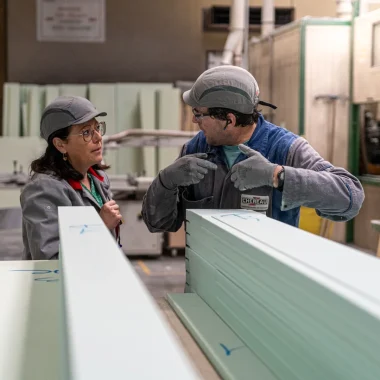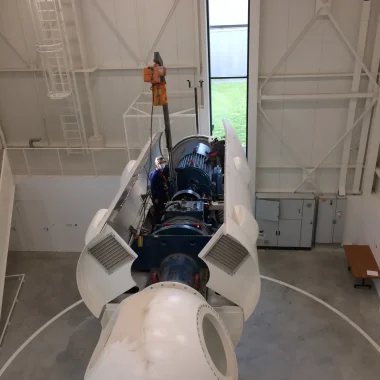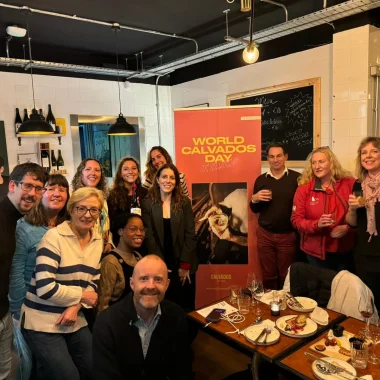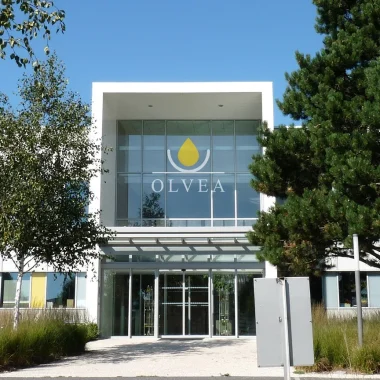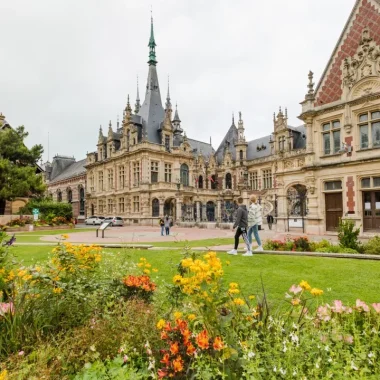Saddle trotting, harness racing and gallop racing more recently… The Afasec horse racing college in Graignes teaches over a hundred students from around the world the art of turf racing in Saint-Lô Agglo in Manche. Despite being little-known and hard to fill, careers in the sector are attainable and appealing.
A unique school in Normandy
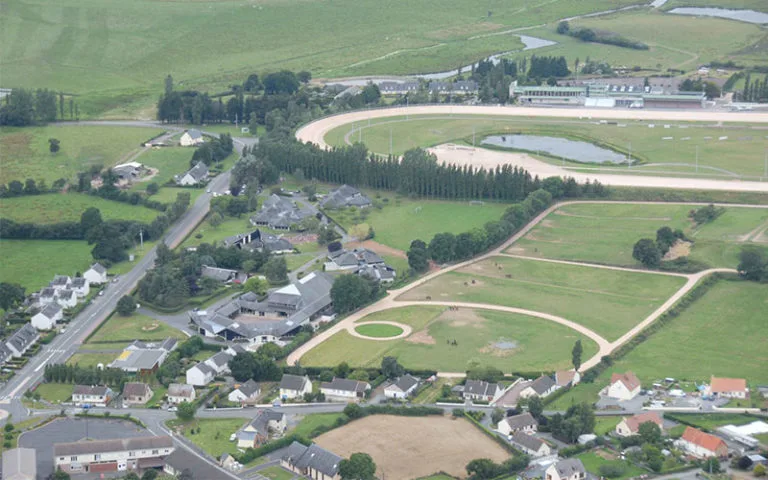
One of five horse racing colleges in France was opened by professionals in the trade in Graignes in 1974: “the college relies on the trade, meaning it’s funded by Le Trot and France Galop, under the supervision of the Ministry of Agriculture and Ministry of Economy and Finance,” says Pascal Launey, who joined the Manche school as a teacher in 1992 and has been the director since 2013. Afasec (French racing stables training and social action association) has a training centre in Manche covering 16 hectares and devoted to saddle trotting and harness racing. The training centre stands outside one of the biggest race tracks in France (founded in 1945 by Raymond Rigault, who also founded the school), so it couldn’t be closer to the region’s infrastructures and businesses. “One of our strengths is that we also have a specific training stable with 25 trotters to coach young adults in-house,” says Pascal Launey.
Since we're funded by the trade, we need to meet demand and diversify.
Which courses are available? A 2-year Exercise Jockey NVQ and a 3-year Equine Business Management diploma, available as either a sandwich course or apprenticeship. “Both options for both courses are available from years 9 and 10 with preparation for the school leaving certificate,” says the director. The students have work experience in partner companies during both courses. You don’t have to be a young adult to train in the industry: jobseekers or anyone looking to change career can do a 10-month Exercise Jockey NVQ as part of an educational programme funded by the region. Since the college has to fulfil the requirements of a trade that doesn’t always have all the staff it needs, “we launched a 4th wider-ranging “horse” course in September 2019 to train future employees at the behest of the Dragey-Ronthon gallop racing training centre near Mont-Saint-Michel.
A trade and passion for anyone
150 young adults join the college every year and often come from as far as Switzerland, Martinique and Belgium to train in Normandy. Aside from the famous drivers and jockeys who have attended the school, the Normandy college stands out for its all-round physical training for saddle trotting and harness racing. “We’ve always done both; that way youngsters have more career opportunities if they start in highly physical and technical saddle trotting, since professionals with more experience monopolise harness racing.” Sport and fitness take pride of place at the centre. Running, strength training, workouts… “we’ve appeared on the podiums at French championships for the last three years without our trainees being part of a club,” smiles the director.
Young people come here from riding centres and because they love horses. Others get in touch because they've seen horse races on TV or have visited the track with their family.
There are a lot of myths surrounding the professions. Shall we give you an example?
Physical requirements: “there are no issues with height or weight, that’s a misconception from a time when you’d see short and light jockeys racing on the TV,” says Pascal Launey. Training, prerequisites, a childhood love for horses or the equine world… “Some people have no experience or training: it doesn’t matter! They do just as well as the others. All that matters is that you have fire in your belly.” Would you like one last example? You may be surprised to hear that just over half of the student population is female. “There were 8 girls when I came here in 1992. But more women have come to the trade over the years and young women do well at the races!”
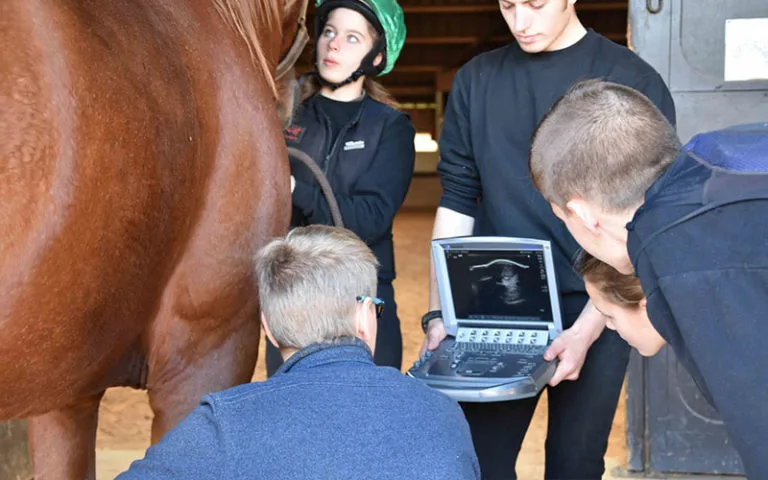
International connections
“All our students find work within three months of leaving or continue studying and do an HND,” says Pascal Launey. “They work at racing stables in Normandy, the Grand Ouest region or overseas.” The college has been expanding its international department for years to give its trainees the opportunity to work abroad. “For example, we have had an exchange programme since 2002 with Sweden, Finland and Norway as part of the European EQUES diploma, your ticket to employment in the horse racing sector all over Europe,” says the director. European coaches come to observe and run trials in track work, groundwork and English for three days before trainees are given a certificate. “It recognises students who have achieved a good level of language and professional standard so they can apply for work abroad.” Especially in these three Scandinavian countries where racing is very popular.
Europe, Australia, America… Several of our students work abroad every year.
The Graignes college is also exploring an Erasmus plus programme to provide placements abroad for 4-5 weeks during their course or longer at the end of their course. “We have also hosted a Chinese delegation, from Qingdao and Inner Mongolia, who wanted to establish an exchange programme with France in the equine industry,” says Pascal Launey.
The Graignes college may have been chosen for its expertise in horse racing and care, but the delegation also visited other establishments in Normandy such as Lycée Agricole de la Baie du Mont-Saint-Michel in Saint-Hilaire-du-Harcouët (breeding, race horse operations and farriery) and Ferme Chevalait in Orne (specialising in mare milk production).
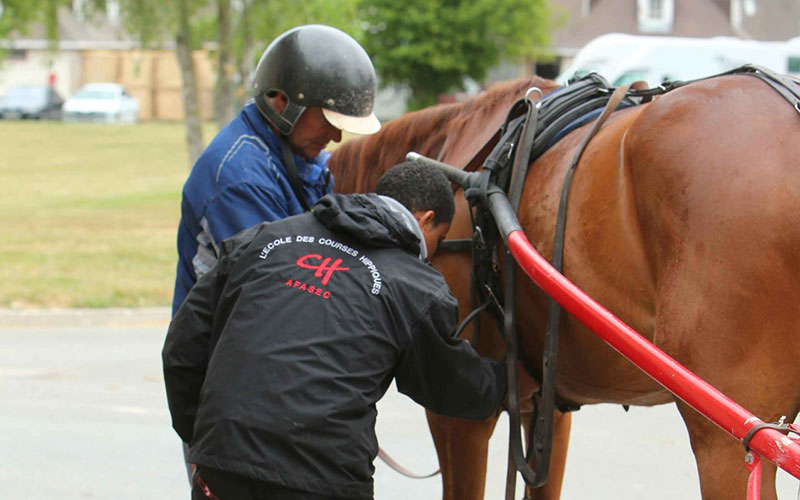
Did you know?
- Afasec is an association under the supervision of the Ministry of Agriculture and Ministry of Economy and Finance. The French racing institution (France Galop and Société du Cheval Français) has given it three missions: training, social action, consultancy and planning in horse racing.
- Afasac tackles its second mission – social action for workers – by providing daycare centres, childminders, places to eat and sleep near training centres to help solve certain issues inherent to the trade, such as working hours.
- Another of the Graignes college’s strengths is the prize-winning jockeys that have passed through its doors: Yoann Le Bourgeois, a French jockey and driver specialising in trot racing, and Jean-Michel Bazire, a star in the world of horse riding as a trainer, harness driver and saddle trotter.
Thematics


